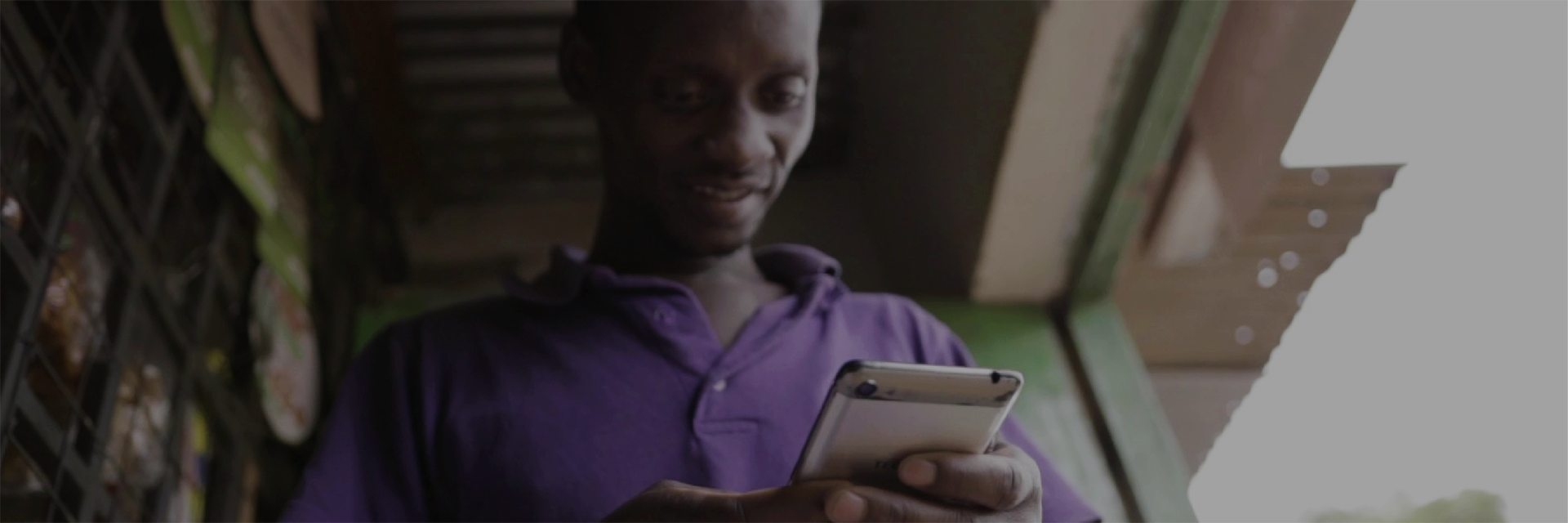
iWorkers are digitally-connected workers with smartphones: gig workers, eLancers, e-commerce merchants or sellers. Thanks to rising mobile and internet penetration, this segment is growing quickly around the world. By 2030, for instance, we estimate there may be as many as 88 million young iWorkers in Africa alone.
The term iWorker was first coined in the 2019 report Digital Commerce and Youth Employment. iWorkers are a new category of workers – those whose livelihoods are enabled by digital commerce platforms through which they sell goods and services, and do so in a variety of forms. Many iWorkers, including gig workers, eLancers, and e-commerce merchants or sellers, are self-employed and conduct commerce via a smartphone.
Digital commerce is changing the structure of economies worldwide, bringing both disruption and opportunity. Policymakers have a window of opportunity to act now to improve future employment outcomes, while governments can enact progressive formalization measures, which recognize and encourage this emerging group.
To test the potential of the iWorker concept and to provide actionable policy recommendations, we designed a country-level diagnostic that captures the factors in a local economy that enable or constrain the emergence of iWorkers. Our hope is that this diagnostic can applied by different countries within their specific contexts. The diagnostic was first applied to Ghana in May 2019, with the results and recommendations for policymakers published in the Ghana Country Diagnostic Report.
Take the brief quizzes below to determine what makes someone an iWorker.
Use the iWorker Projection Tool to estimate how many iWorkers your country might have by 2030.

The Mastercard Foundation works with visionary organizations to provide greater access to education, skills training and financial services for people living in poverty, primarily in Africa. As one of the largest private foundations, its work is guided by its mission to advance learning and promote financial inclusion, to create an inclusive and equitable world.
Based in Toronto, Canada, its independence was established by Mastercard International when the Foundation was created in 2006. For more information and to sign up for the Foundation’s newsletter, please visit www.mastercardfdn.org. Follow the Foundation at @MastercardFdn on Twitter.
Hear more from BFA Global CEO Amolo Ng’weno, as well as some of the iWorkers we spoke to in Ghana.
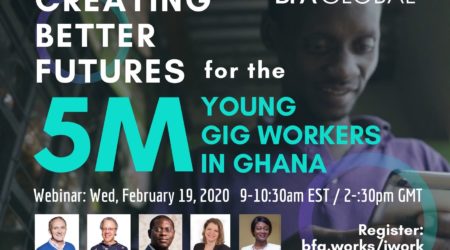
Webinar Summary BFA Global research shows that the rise of digital commerce has changed the nature of work and...
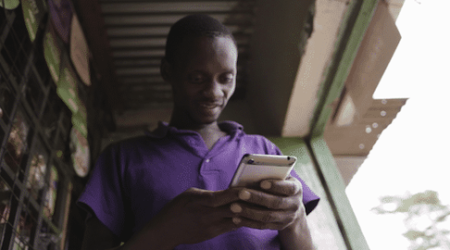
iWorkers are a new category of workers – people whose livelihoods are enabled by digital commerce platforms where they...
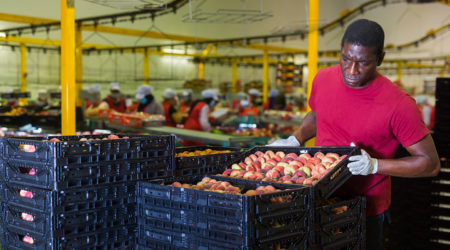
Digital commerce, or e-commerce, is impacting employment opportunities in Africa by reshaping the nature of work through gig platforms,...

The new economy presents opportunities and risks for digital workers Our excitement about digital platforms is grounded in their...
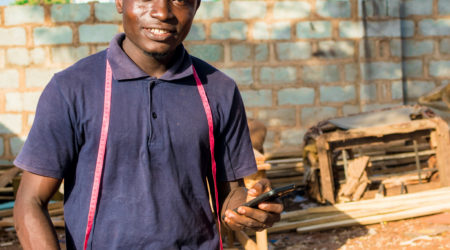
Santiago Levy is the former Minister of Social Development in Mexico and more recently IDB’s chief economist. In 2018,...
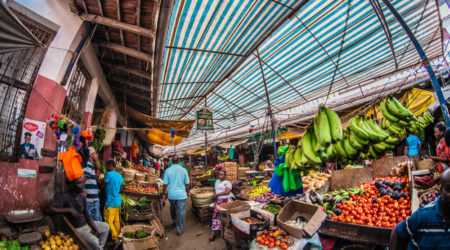
Africa’s largest e-commerce platform, Jumia, was listed on the New York Stock Exchange on 12 April 2019 at a...
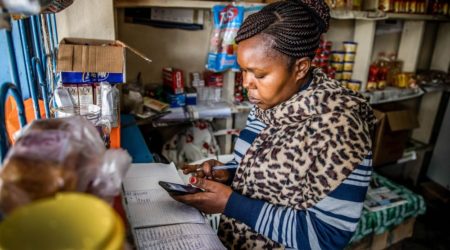
The defining characteristic of most work in Africa is its informality: according to the ILO, 85% is done in...

How inclusive is the digital economy really? As governments and businesses around the world hasten to digitize, this is...

Originally posted on the ICTworks website The defining characteristic of most work in Africa is its informality: according to...
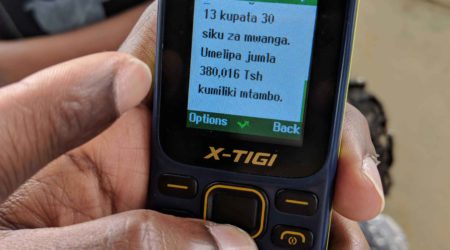
Potential Benefits to “More than a Gig and Less than a Job” Employment in the Global South In his...
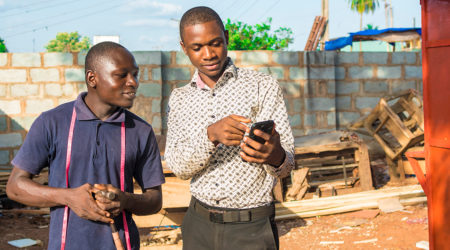
Originally posted on the World Economic Forum website, February 19, 2019 Around the world, the new technologies behind digital...